The Future of Packaging Is Bright, and It's Up to Us to Show the World Just How Exciting It Can Be
Press release from the issuing company
Dani Novak, Managing Director of Mercury Search & Selection, explains that packaging is shedding its outdated reputation, evolving into a dynamic industry driven by innovation, sustainability and consumer experiences.
It's easy to fall into the narrative that entering the packaging industry is somehow a "fall from grace," but this couldn't be further from the truth. The notion that packaging has a reputation problem is a fallacy perpetuated by an insular mindset often present within the industry. Many individuals within the sector are quick to highlight challenges, gaps in talent, or a so-called lacklustre reputation—but the reality is far more optimistic. Packaging isn't stagnant; it’s thriving, and you only have to look at events like Packaging Innovations & Empack to see it’s more relevant than ever.
While the industry is often perceived as closed-off, recruiting from a narrow talent pool and relying too heavily on established norms, this limited view overlooks the bigger picture: packaging is essential in everything from consumer experience to global sustainability efforts. The sector is not merely about creating boxes or containers; it is at the forefront of innovation, problem-solving, and creativity. If anything, packaging is under a bright spotlight, providing an excellent platform to showcase its value and excitement.
There is a pressing need to move beyond the insular, somewhat defeatist views that often dominate internal discussions. Rather than focusing on outdated perceptions, the industry should recognise the immense value packaging brings to modern society and the opportunities for innovation, growth, and attracting fresh, creative talent.
According to the packaging sector’s go-to recruitment specialists, the key to staying competitive isn’t just about filling roles, it’s about finding the right people who can look beyond the status quo and help companies rethink their approach to meeting market demands.
"That's the challenge, really," said Dani Novak, Managing Director of Mercury Search & Selection. "And it's been the same challenge, to be quite frank with you, for the last 20 years. We have a very incestuous industry. So, you talk about staying within the industry; nobody leaves this industry! Once you're in, there's no getting out. There is just no exit route. And that's partly because it's a fantastic industry to work in. It's one of the largest in the world and relatively unaffected by economic change. You know, when the world is falling apart, packaging, in particular, thrives.
"The downside to that is because nobody ever leaves, people don't realise that this industry exists to such an extent. We don't have any issue keeping people in the industry, but we struggle with attracting fresh talent. So, what we work with our clients to do is help them broaden their views and perspectives on the kind of people they want to bring into their business. If you're always recruiting a cookie-cutter model of the people you already have, or those who exist within your market, there's a danger of living in an echo chamber and not bringing forward the innovations our consumers need or that will set you apart as a packaging supplier.
"People often think of diversity as something based on sex, sexual orientation, or race, but it's not. It's about ideas and exposure to a different world—and that world should be your market segment. So, understanding your markets and recruiting from that side is even more important.
"Getting clients to think beyond the immediate vacancy is another area where we add value. A vacancy is usually a crisis point—by the time there's a gap to fill, you just want it done. Nobody enjoys recruiting, so you just want that seat or function filled. But thinking more creatively about what that role is trying to achieve is key. It's about pushing the envelope—not just on the types of people we get our clients to consider, but also on what the role's function truly is, and how it fits into the business and its long-term goals."
Specialisation
Novak emphasises a notable shift: while fundamental roles have remained consistent, specialisation has become increasingly pronounced. Today's landscape features a fragmentation of functions that were once encompassed within the role of a packaging technologist. Rather than adopting a holistic approach, the emergence of niche specialities—such as touch and feel, inclusivity, and off-pack AR & VR—has led to a more segmented workforce. This specialisation offers advantages, allowing professionals to focus on specific areas of expertise, yet it also introduces complexities that can add costs and confusion.
"What we've seen is segregation," Novak told Packaging Innovations & Empack. "All of those things you've just talked about are functions of a packaging technologist. But, to monetise and maximise the agencies and all the other people involved, we now have specialists for things like touch and feel, inclusivity, and so on. We've separated these functions. But the people haven't changed—it's just that everyone is taking their niche speciality a little bit further down the line. This has added cost to the manufacturer.
"From our perspective, it's great because we get to work with people to identify their strengths. From a candidate's perspective, we help them identify what they enjoy most about their wide-ranging brief, and then they become specialists in that area.
"The specialisation in the market has become so extreme. However, what organisations need to do on an ongoing basis isn't just focus on recruitment. Every time you recruit, you need to think about how you will train and develop, or upskill, your current workforce to ensure you aren't left with a gap in the future. Training and development, forward planning, and recruitment should really go hand in hand. But too often, the focus is just on recruitment.
"Where a specialist recruiter becomes invaluable is in identifying exactly what's needed. For example, you might think you need a specialist in haptics, but what you really need is a packaging technologist who understands materials and can sift through all the noise to determine exactly what's necessary to push the envelope. In fact, you might not need that specialisation at all.
"A general recruiter will take a job brief, advertise it, and try to find a match. However, specialist recruiters change the game by reshaping what the client is actually looking for. When we talk about recruitment, it's not just about filling a seat; it's about ensuring that the person in that seat contributes to the organisation long-term. To do that, it starts with the recruiter understanding what the function truly is.”
New perceptions
Over the past 15 years, significant strides have been made in attracting new talent through innovative training programmes and educational initiatives. Today, young people are increasingly aware of the importance of packaging, partly fuelled by the popularity of unboxing videos and social media discussions surrounding sustainability. According to Novak, these trends create an opportunity to reshape perceptions of the industry and engage a new generation of workers eager to contribute fresh ideas and perspectives.
Novak believes this shift requires a change in the narrative around the industry, moving away from a fatalistic outlook to a more optimistic view that recognises packaging as a vibrant, dynamic field with real-world significance.
"Now more than ever we have the opportunity to bring in new talent because people are realising how important packaging is,” she added. “The more focus we place on younger talent, looking at how they can contribute and how their ideas can be implemented, it circles back to what I was saying earlier: changing our mindset from 'what do we have and how do we sell it' to 'what’s happening, and how do we adjust to that mindset.' That’s what will continue to attract people, so I think the situation is actually better than it has been.
"We need to change that script. The reality has changed—it’s a vibrant industry that is continually in the spotlight, albeit sometimes for negative reasons. But what better way to start a conversation about getting involved if people are constantly bombarded with messages about sustainability and the overuse of packaging?
"I think we’re in a pretty good position from a recruitment standpoint to attract new talent and bring in fresh ideas. What we need to change is the script about how we deliver and view it. To be honest, because we are an ageing industry—the average age in our industry is 47, including shop floor workers—we need to be careful not to be condescending to the younger generation. And as someone older than 47 myself, I can appreciate that. But we need to change our attitude to say, 'Hang on, what do you have to say? How can we implement your ideas?’”
At events like Packaging Innovations & Empack, the presence of the next generation is not just valuable—it’s vital. Engaging with students and young professionals is an opportunity that can yield significant, quantifiable benefits for the industry.
Every opportunity to connect with emerging talent is an investment in the future of the sector. By simply engaging with these young individuals—sharing insights about their work and expressing genuine passion for what they do—meaningful connections can be created that inspire them to consider a career in packaging.
"I had a conversation with someone at the show two years ago about all the students wandering around," Novak continued. "Someone asked me, 'How did you feel about all those students sitting at your talk?' and I was thrilled. If they come to your stand, you should be thrilled too.
"The person responded, 'I’m not thrilled.' And I said, 'Well, hang on a second—my fee for recruiting one of those students for you would be £10,000 plus VAT. That alone pays for your stand, so it’s not time wasted. That’s a bottom-line saving, and savings are much more valuable to an organisation than sales. A £10,000 margin would come from £60,000 to £80,000 worth of sales, and that’s not going to happen as easily as saving on that one recruitment.
"In the current climate, candidates are being fought for harder than ever. When you make an offer to a candidate, we’re seeing more counteroffers than I’ve ever seen in my 25 years of recruiting for this industry. But suppose you’re more passionate about your business and the opportunities you offer than the candidate’s current employer is. In that case, even if that employer throws another £10,000, £15,000, or £20,000 at them, they’ll still come to you."
The key to revitalising the packaging industry lies in the ability to convey enthusiasm for the work. When genuine excitement about what they do is expressed, it becomes contagious, inspiring others to share in that passion. Packaging is more than just a functional necessity; it plays a critical role in shaping consumer experiences and influencing purchasing decisions. When the workforce is viewed as more than just specialists filling seats, and instead as catalysts for growth and innovation, the true vibrancy and potential of the industry can be recognised. The future of packaging is bright, and it's up to all stakeholders to demonstrate just how exciting it can be.
Don’t miss your opportunity to be part of this transformative journey. Register now as a FREE visitor for Packaging Innovations & Empack 2025 and see firsthand how the industry is evolving. Engage with top innovators, discover cutting-edge solutions, and be inspired by the future of packaging.
- Questions to ask about inkjet for corrugated packaging
- Can Chinese OEMs challenge Western manufacturers?
- The #1 Question When Selling Inkjet
- Integrator perspective on Konica Minolta printheads
- Surfing the Waves of Inkjet
- Kyocera Nixka talks inkjet integration trends
- B2B Customer Tours
- Keeping Inkjet Tickled Pink
© 2024 WhatTheyThink. All Rights Reserved.

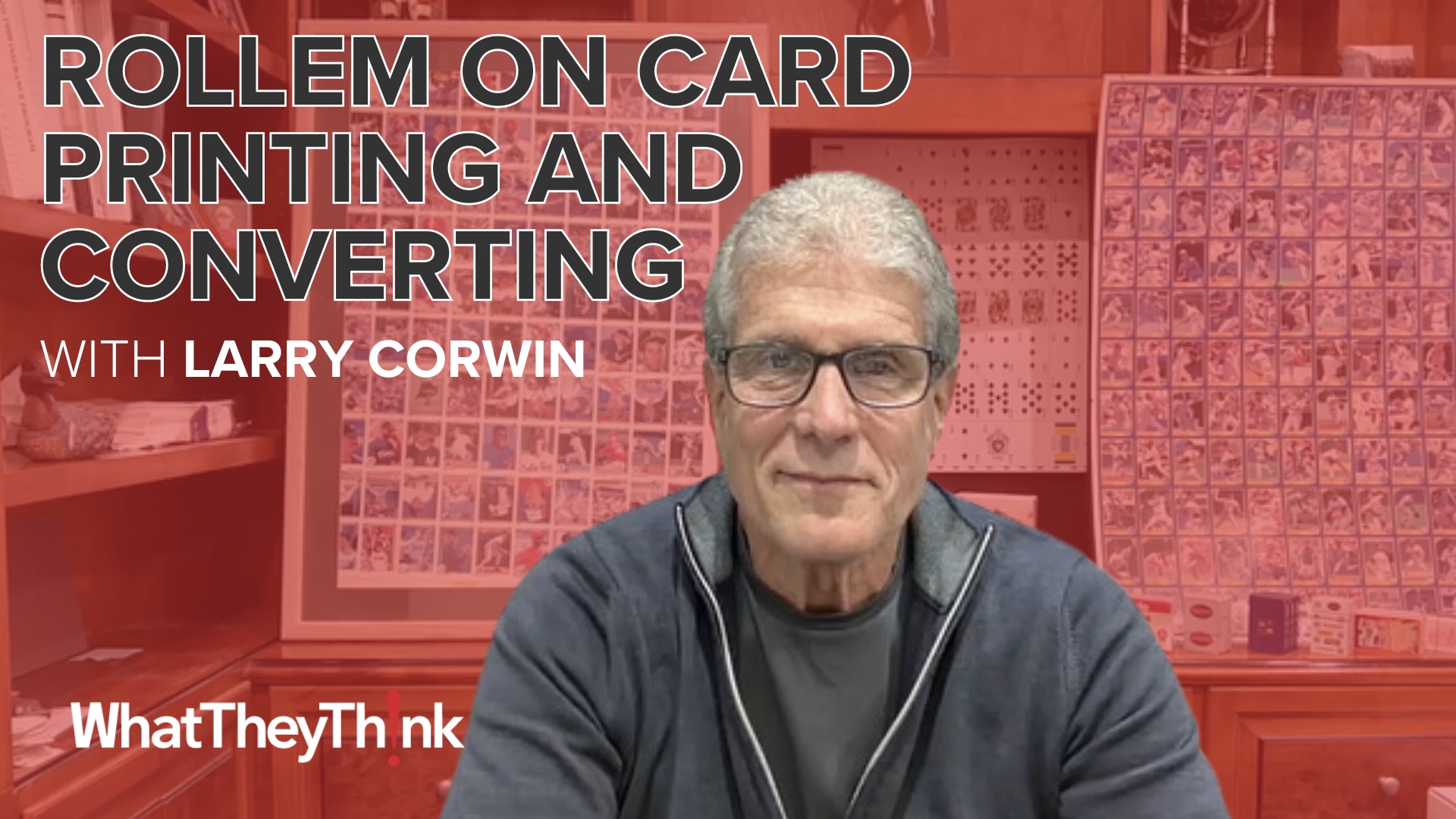

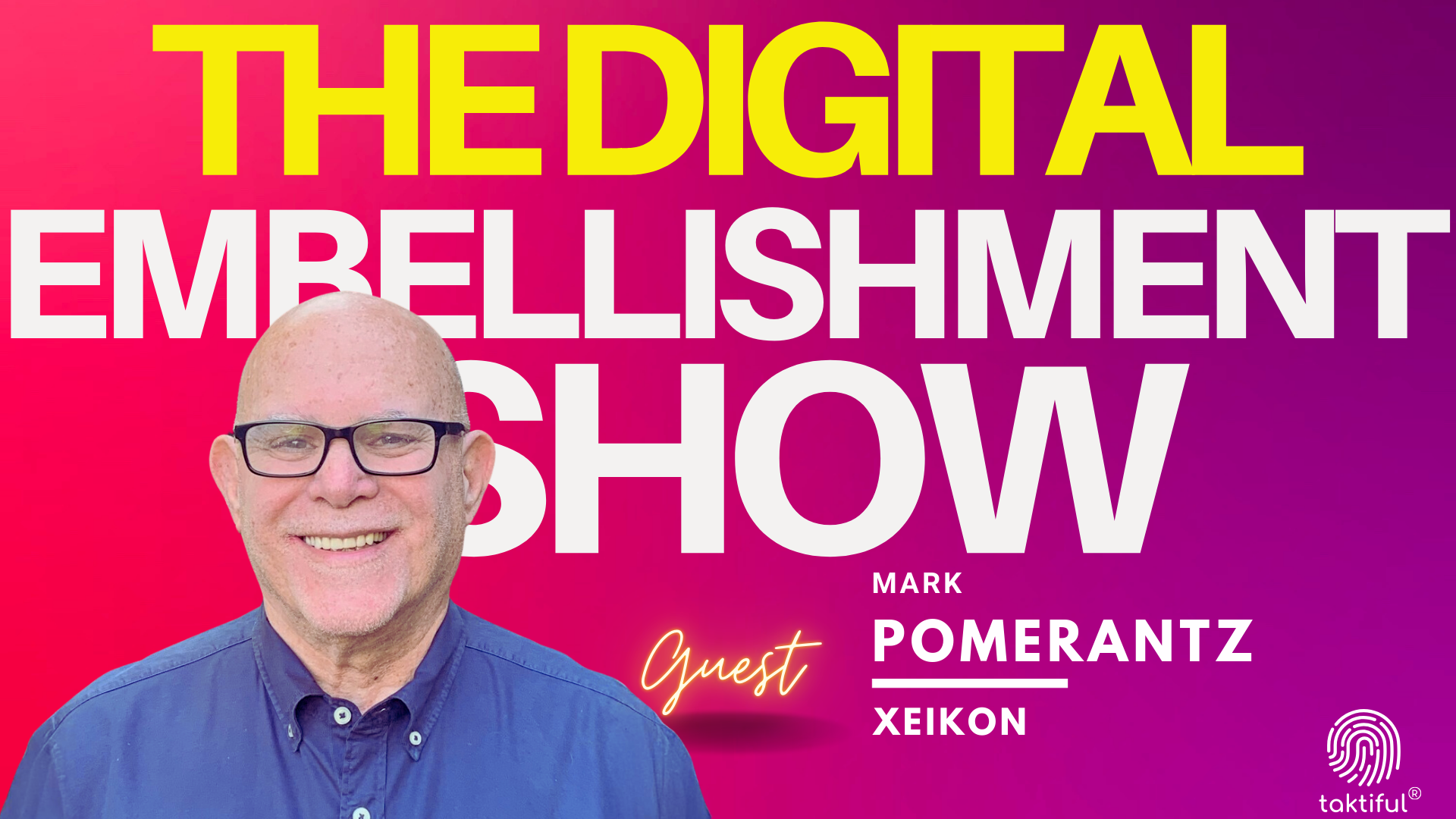
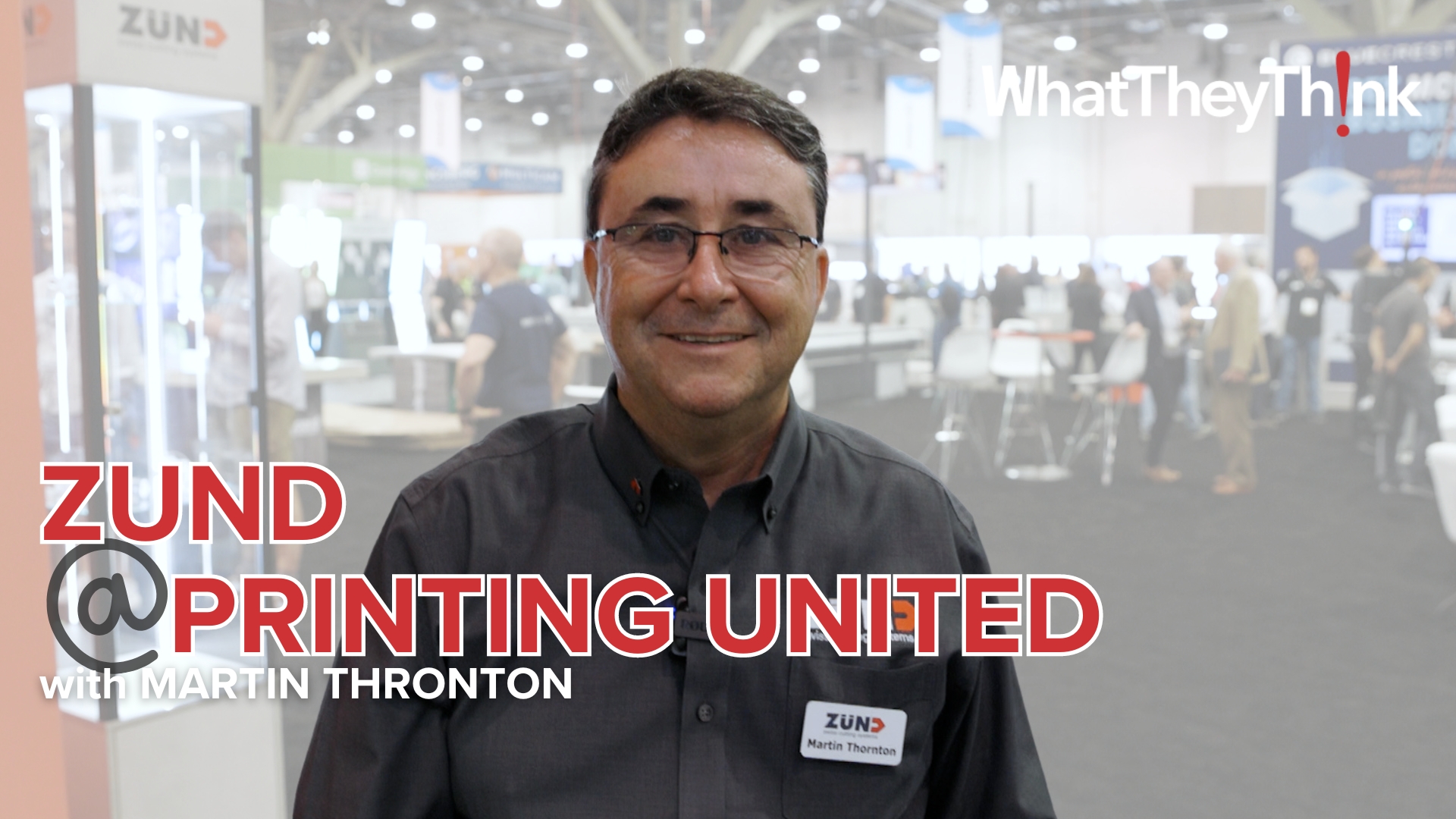
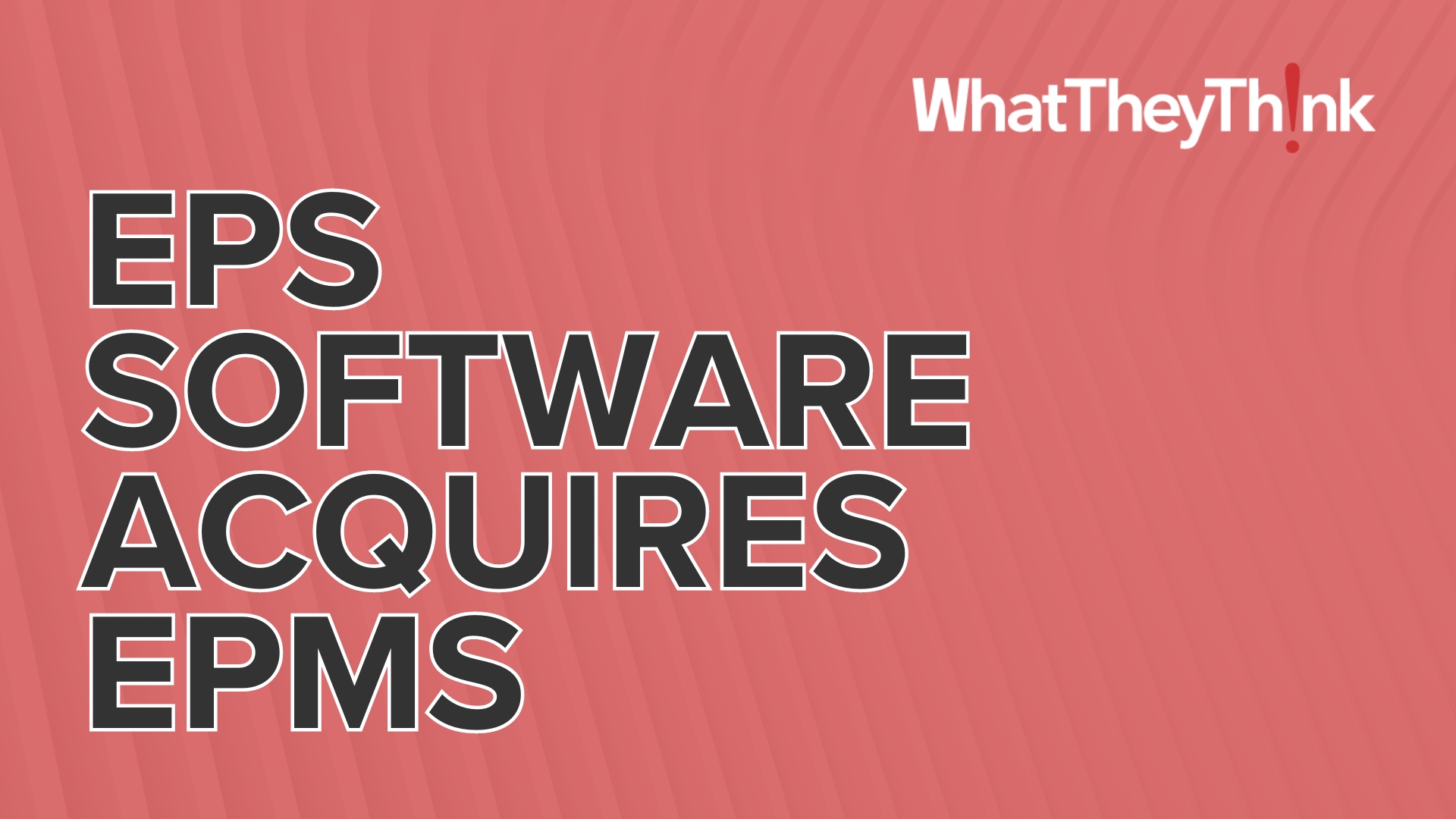
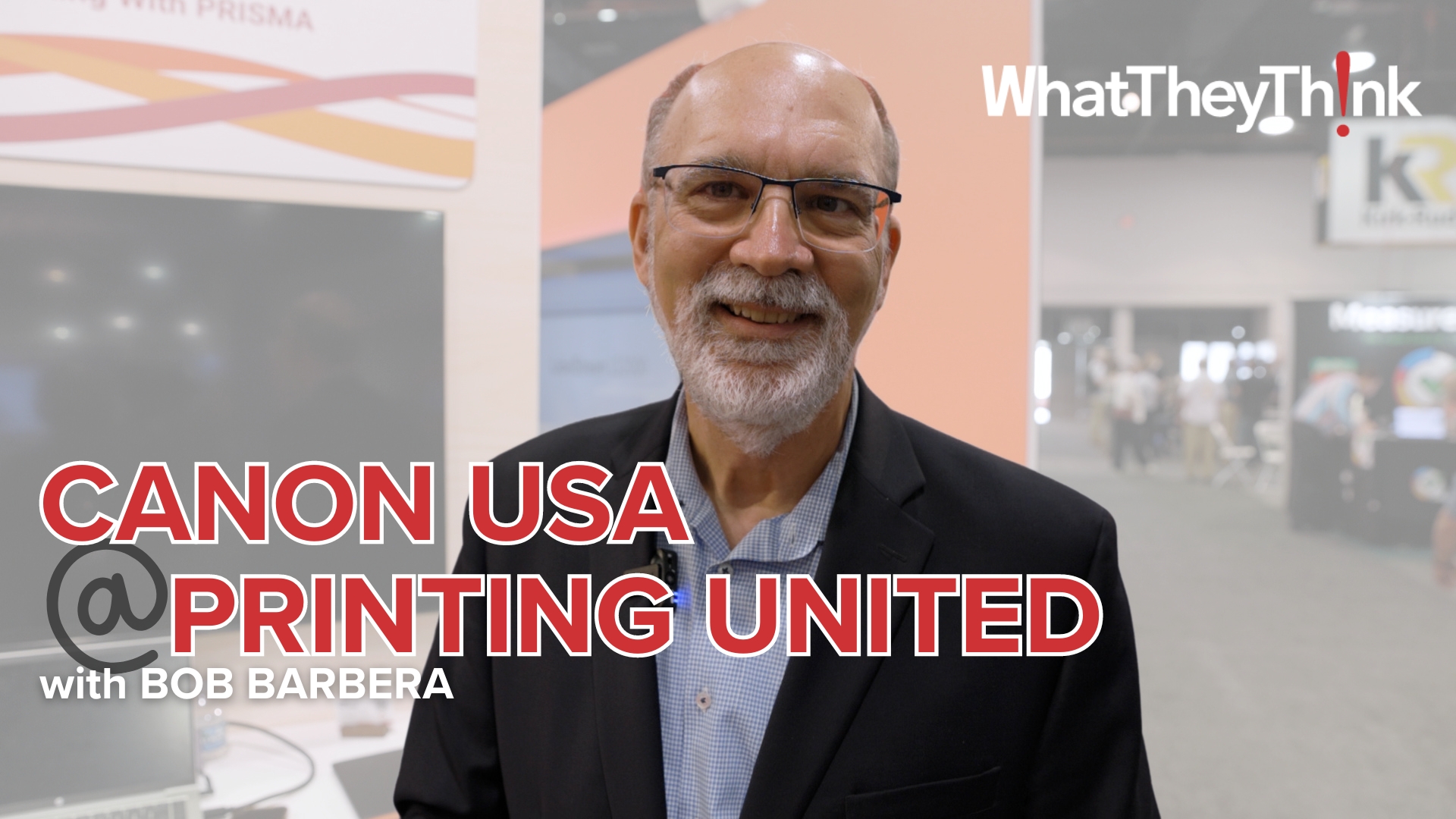
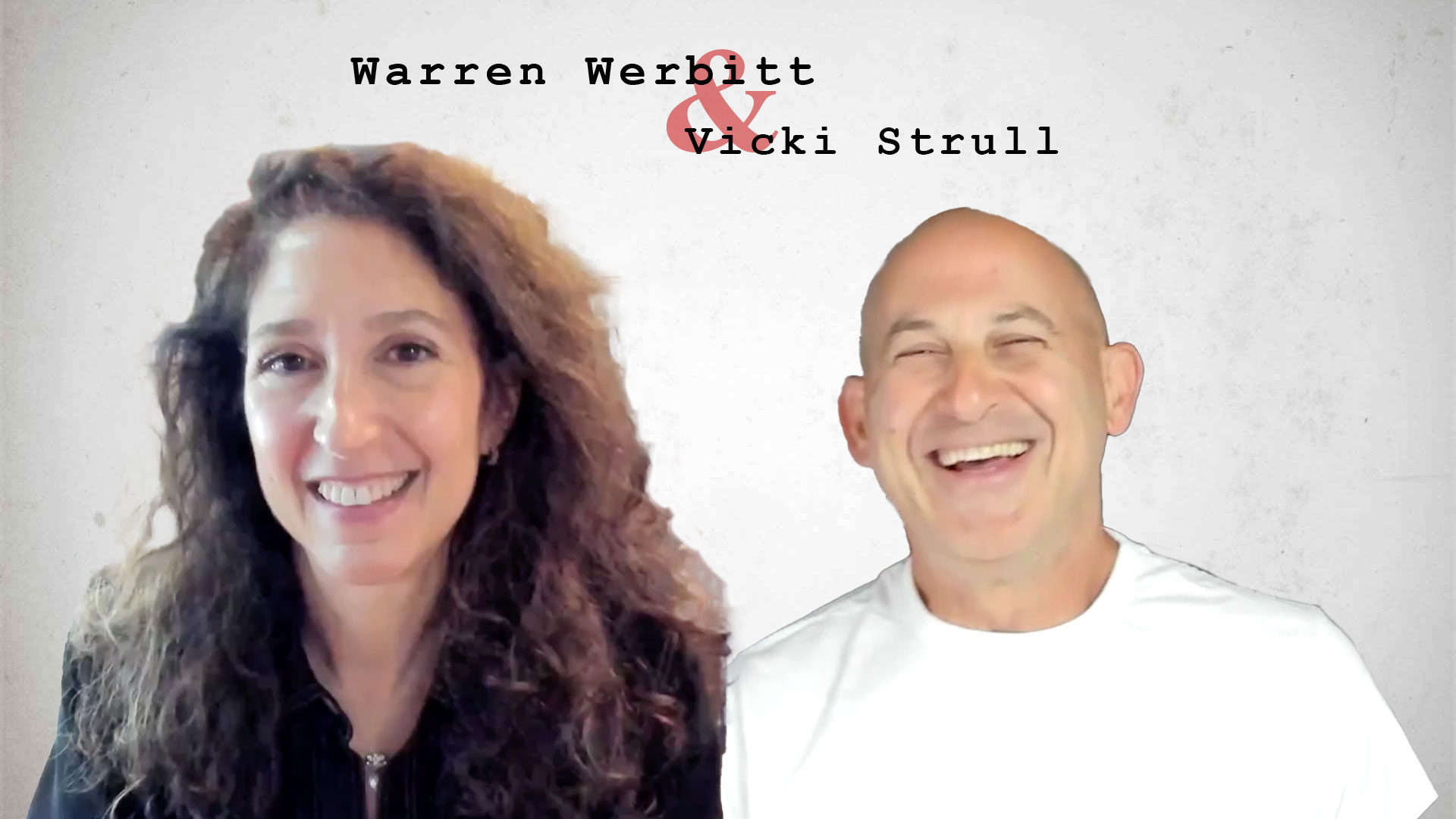
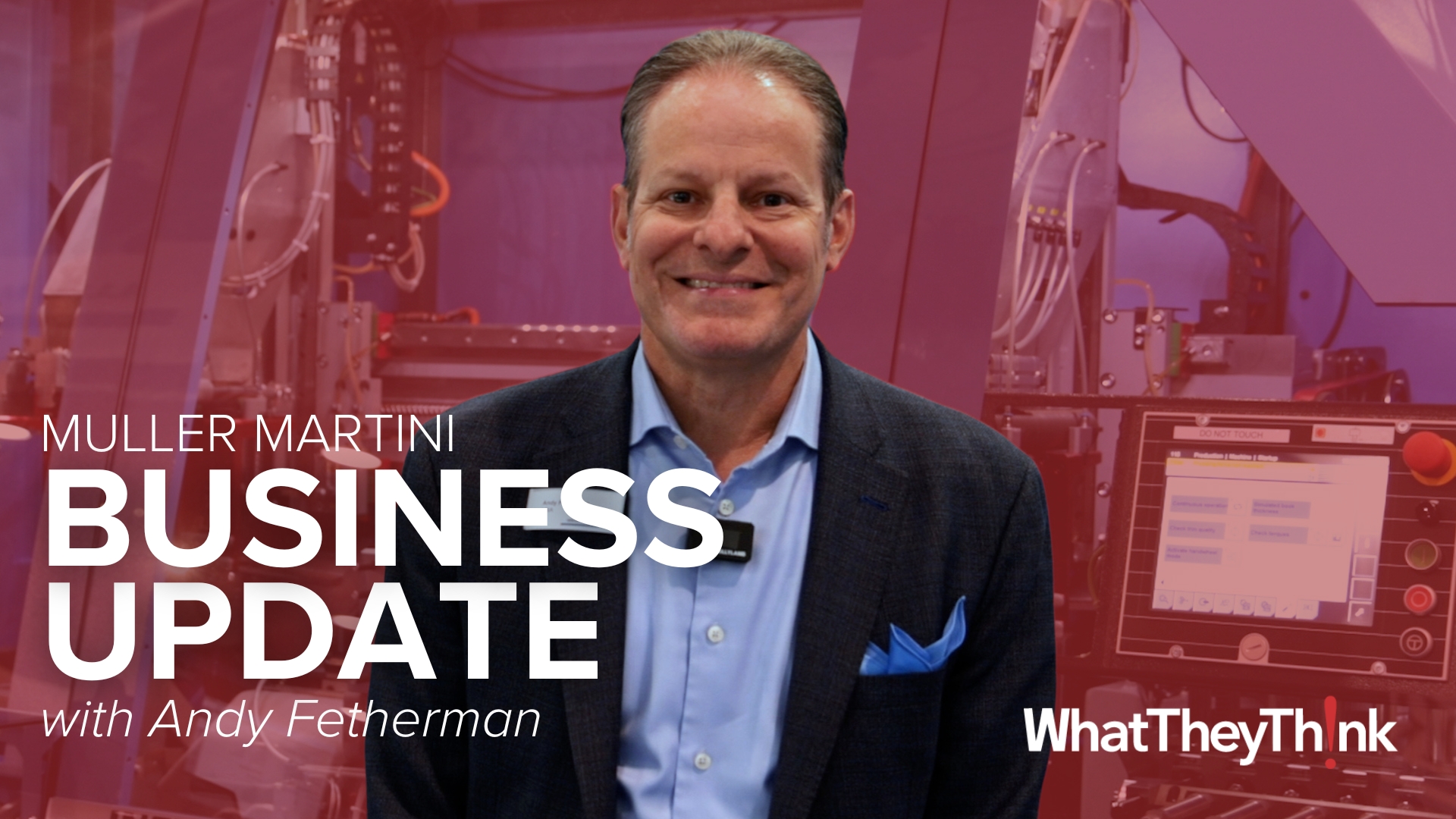
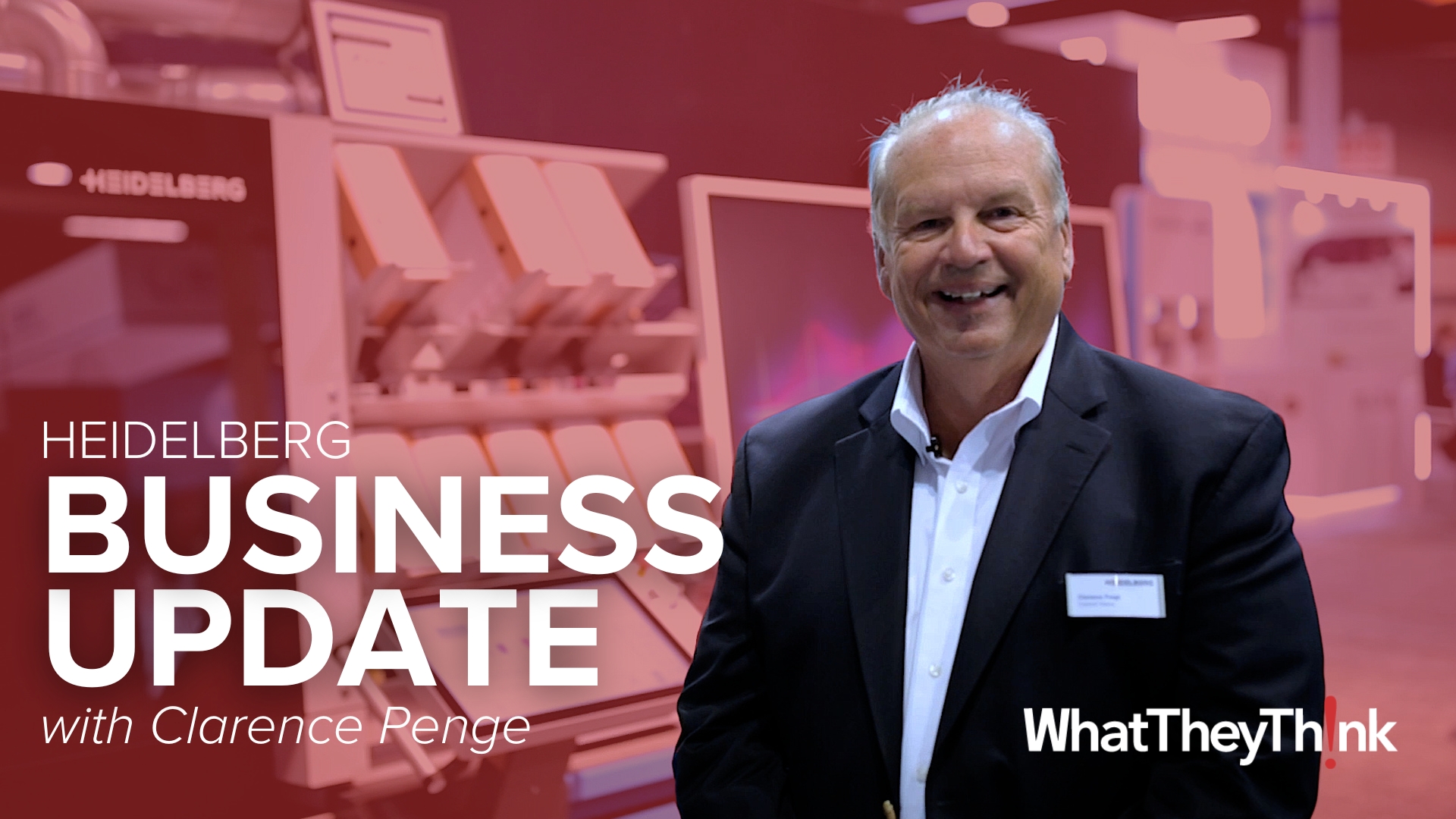
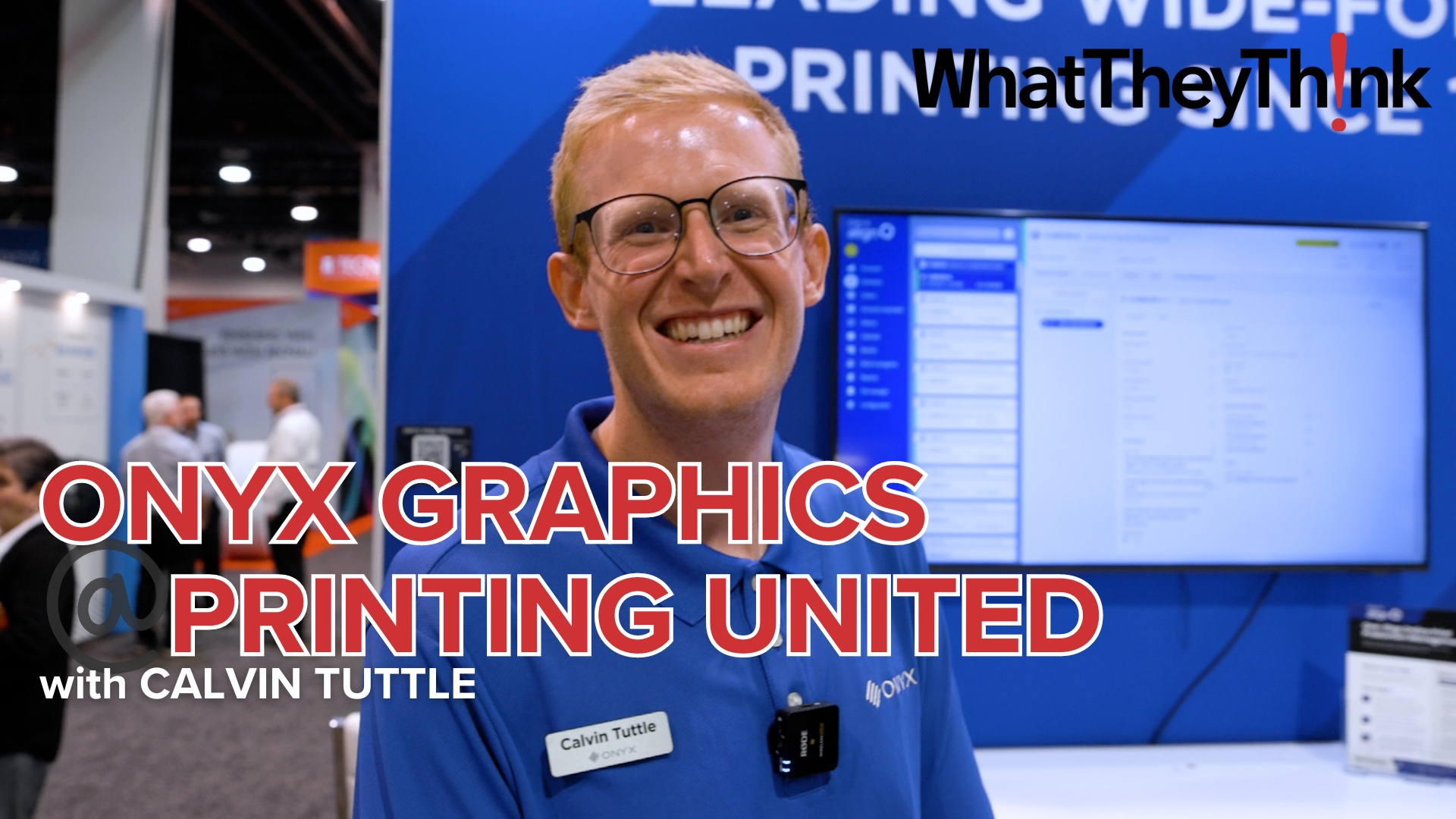
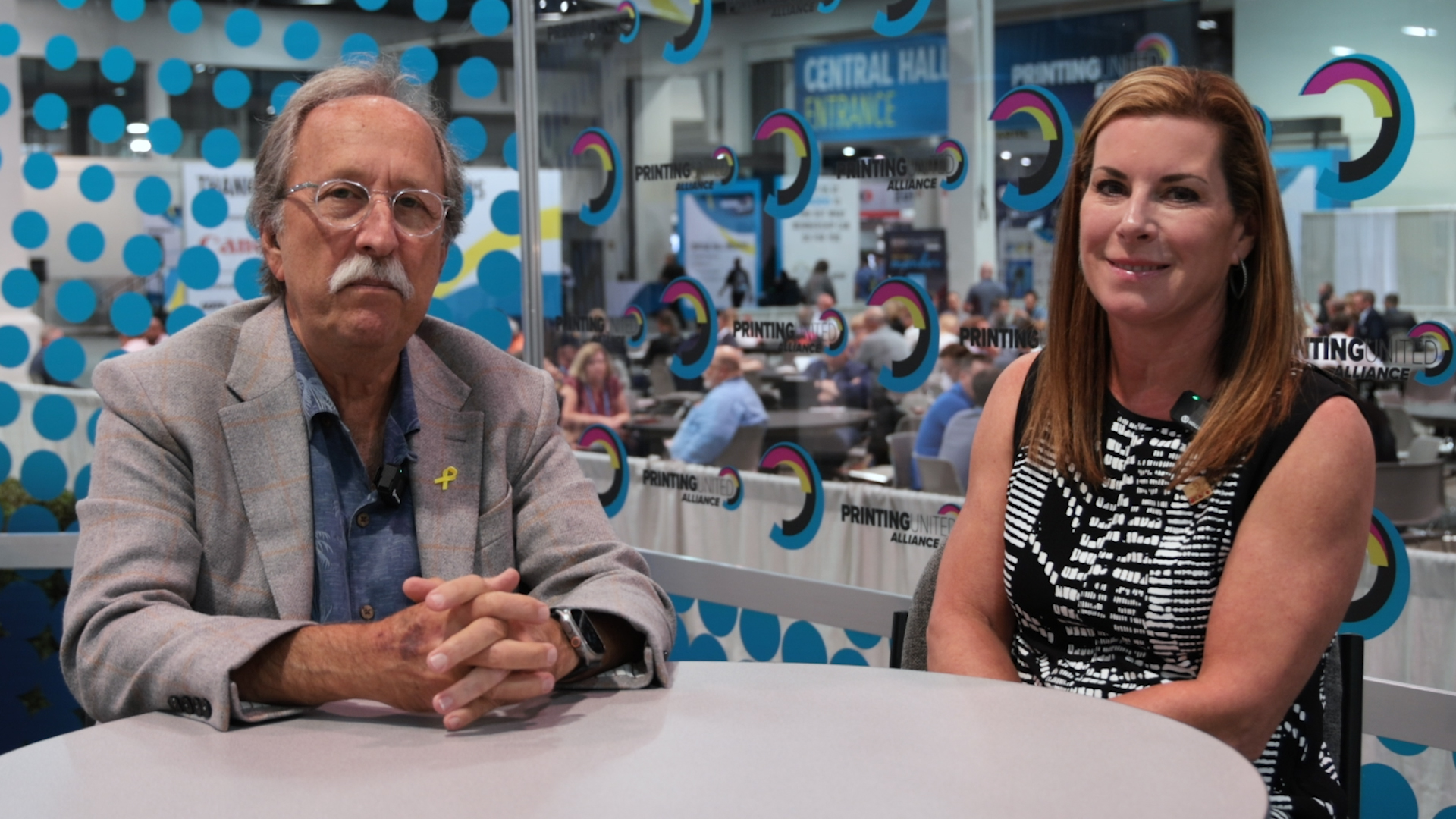
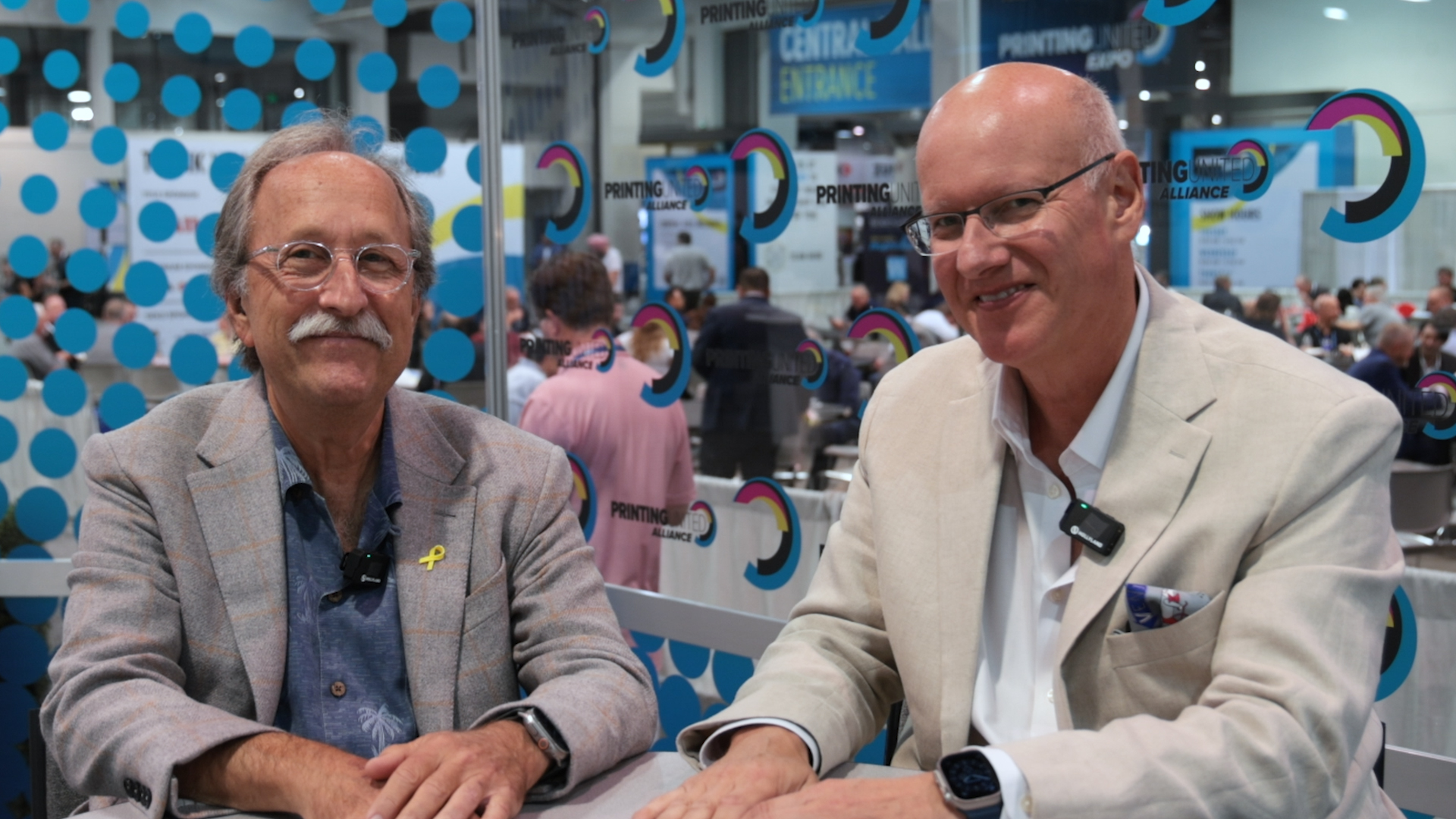


Discussion
Only verified members can comment.